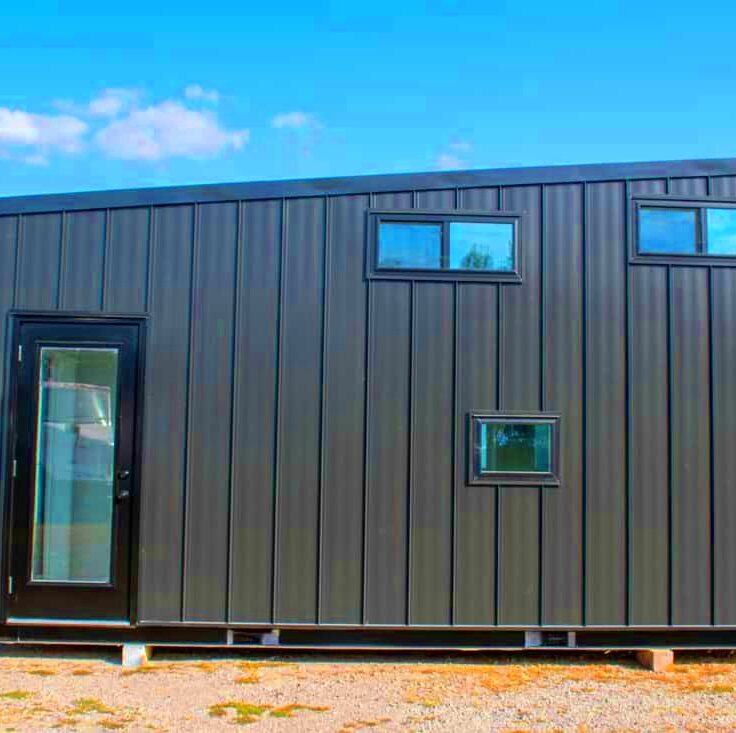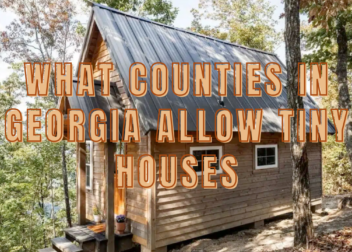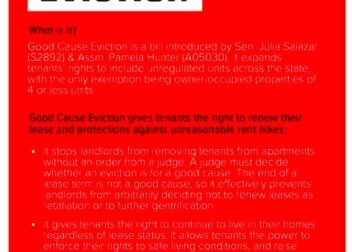Everything You Need to Know About Georgia Tiny Home Laws
Tiny homes have gained popularity as affordable and sustainable living options. However, understanding the laws governing them in Georgia is crucial for anyone considering this lifestyle. The regulations can vary widely depending on the location and specific designs of the tiny homes. In this section, we’ll explore the key aspects of tiny home laws in Georgia, ensuring you have the necessary information to navigate this unique housing option.
What is Defined as a Tiny Home in Georgia
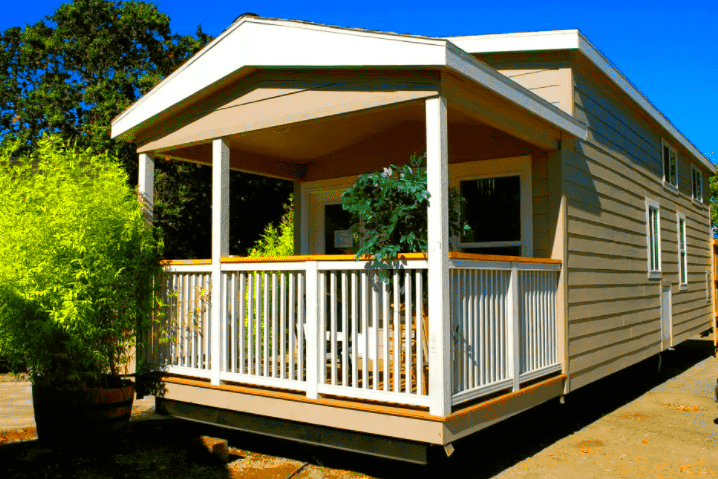
A tiny home in Georgia is generally defined as a dwelling that is 400 square feet or less. However, there are variations depending on local regulations. Here’s a quick breakdown of definitions:
- Park Model RVs: These are mobile homes that can be moved and usually fit within the tiny home definition.
- Permanent Tiny Homes: Built on a foundation, these homes comply with local building codes.
- Tiny House on Wheels: These homes are designed to be mobile and often classified as RVs.
Understanding these definitions helps in knowing which laws apply to your tiny home project.
Building Codes and Zoning Rules for Tiny Homes
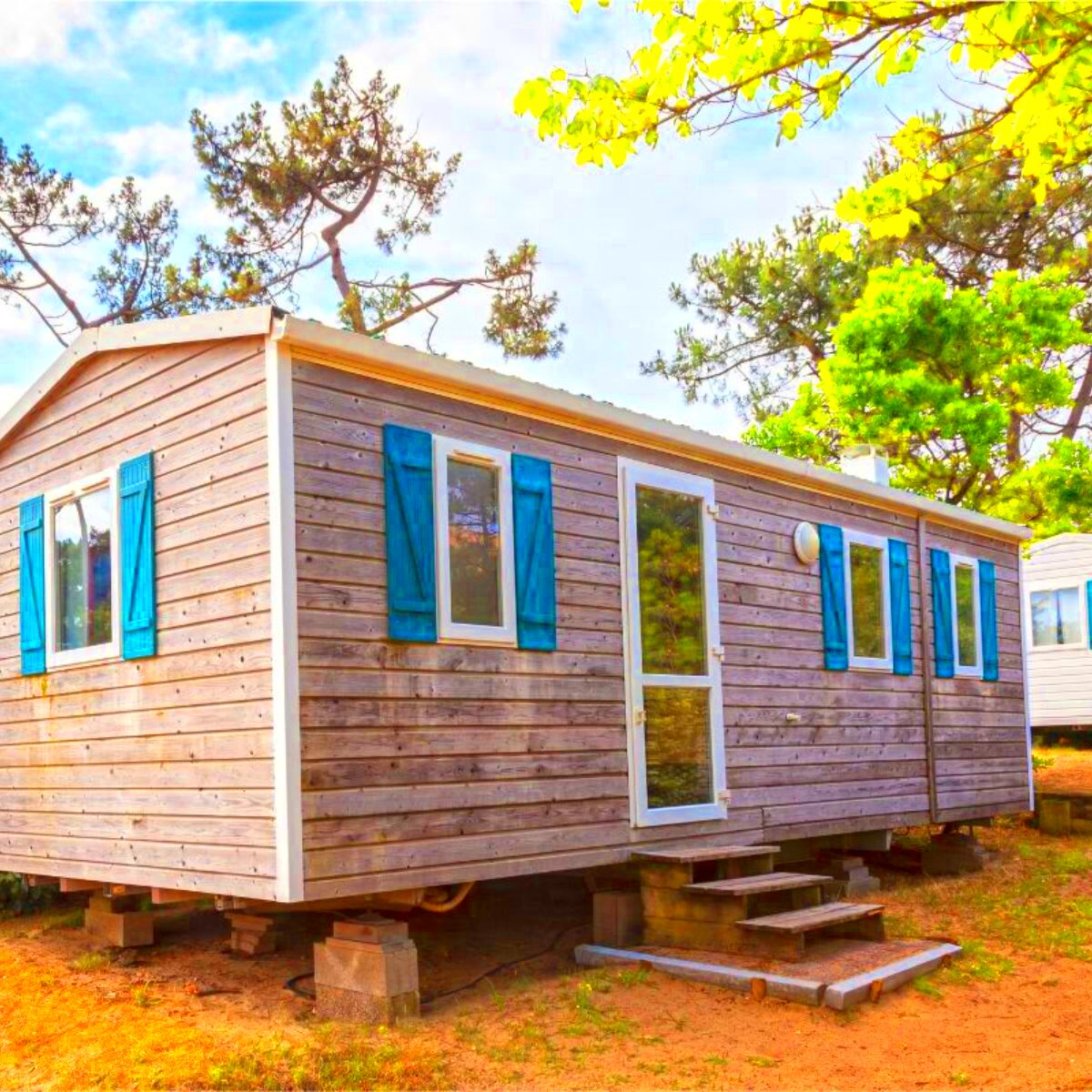
Building codes and zoning rules for tiny homes in Georgia can be quite complex. Here are some essential points to keep in mind:
- Building Codes: Tiny homes must meet the same building codes as traditional homes, including safety standards for electrical, plumbing, and structural integrity.
- Zoning Rules: Zoning laws vary by county and city. Some areas may allow tiny homes in residential zones, while others may have restrictions.
- Setbacks: Many local governments have regulations on how far a tiny home must be from property lines or other structures.
- Size Restrictions: Local ordinances may impose minimum size requirements that could affect tiny home placement.
Before starting your tiny home project, it’s important to check with your local planning and zoning department to ensure compliance with all relevant codes and regulations. You might also want to consult a local attorney who specializes in real estate to get personalized advice.
Where Can You Legally Place a Tiny Home
Finding the right place to set up your tiny home is essential for ensuring compliance with Georgia laws. While tiny homes offer flexibility in living arrangements, there are specific locations where they can legally reside. Here’s a breakdown of potential placements for your tiny home:
- Residential Properties: You may place a tiny home on a privately owned lot, but local zoning laws must allow it. Always check if the neighborhood or homeowners’ association permits tiny homes.
- Tiny Home Communities: Many regions in Georgia have dedicated tiny home communities. These areas are designed to accommodate tiny homes and often provide shared amenities.
- RV Parks and Campgrounds: Some RV parks allow tiny homes, especially those classified as RVs. Make sure to verify the park’s policies on tiny homes before making plans.
- Temporary Sites: You might also consider temporary placements, such as on a friend’s property. However, keep in mind that local laws will still apply.
Understanding the legal aspects of placement is key to enjoying your tiny home without the worry of violating any regulations. Always research local ordinances and consult with local authorities to ensure you’re on solid ground.
Permitting Process for Tiny Homes in Georgia
The permitting process for tiny homes in Georgia can seem daunting, but breaking it down into steps makes it more manageable. Here’s how you can navigate this process:
- Research Local Regulations: Begin by researching the specific regulations in your county or city. Each area may have different requirements.
- Submit Your Plans: Prepare and submit detailed plans for your tiny home, including design, dimensions, and site layout.
- Obtain Building Permits: You will likely need to apply for a building permit. This will involve inspections to ensure compliance with safety codes.
- Check Zoning Permits: Ensure that your intended location complies with zoning laws. You might need a zoning variance if your tiny home doesn’t meet the local criteria.
- Final Inspections: Once construction is complete, a final inspection may be required before you can legally occupy your tiny home.
While the permitting process can take time, being thorough and organized will help you meet all necessary requirements. Don’t hesitate to reach out to local officials or a legal expert for guidance.
Utility and Safety Requirements for Tiny Homes
Ensuring that your tiny home meets utility and safety requirements is essential for both legal compliance and your peace of mind. Here’s what you need to consider:
- Electrical Systems: Tiny homes must adhere to the National Electrical Code. Proper installation by a licensed electrician is necessary to ensure safety.
- Plumbing Systems: If your tiny home has plumbing, it must comply with local plumbing codes. This includes proper drainage and water supply connections.
- Heating and Cooling: Ensure that your tiny home has adequate heating and cooling systems. Safety measures like carbon monoxide detectors and fire alarms are crucial.
- Structural Integrity: Building codes will require your tiny home to meet specific structural standards, ensuring it can withstand weather and other conditions.
- Waste Management: Proper waste management systems are required, whether you are using a septic system or connecting to municipal services.
Prioritizing these utility and safety aspects will help you create a comfortable and secure living space in your tiny home. Always consult with professionals to ensure compliance with all regulations and safety standards.
Challenges Facing Tiny Home Owners in Georgia
Owning a tiny home in Georgia can be a rewarding experience, but it comes with its unique set of challenges. Understanding these obstacles can help you navigate your tiny home journey more smoothly. Here are some common challenges:
- Local Zoning Regulations: Many areas have strict zoning laws that can make it difficult to place a tiny home. Some neighborhoods may not allow them at all.
- Financing Issues: Traditional lenders often hesitate to finance tiny homes, as they may not fit standard mortgage criteria. This can limit your financing options.
- Insurance Availability: Finding insurance for a tiny home can be challenging, as not all providers cover these types of dwellings.
- Building Codes Compliance: Ensuring your tiny home meets all building codes can be a complex process, especially if you’re building it yourself.
- Utilities Access: Connecting to utilities like water, sewage, and electricity can be difficult in remote areas or tiny home communities.
By recognizing these challenges, you can better prepare for the realities of tiny home ownership in Georgia. It’s always wise to research thoroughly and consult with experts to find the best solutions for your situation.
Conclusion on Georgia Tiny Home Laws
Navigating tiny home laws in Georgia requires a good understanding of local regulations, building codes, and the permitting process. While tiny homes offer a unique and sustainable living option, potential owners must be diligent in ensuring compliance with various legal requirements. Remember that:
- Each county or city may have different rules regarding tiny home placement.
- Permitting processes can vary, so thorough research is essential.
- Understanding utility and safety requirements is crucial for legal compliance and peace of mind.
By staying informed and proactive, you can successfully navigate the challenges and enjoy the many benefits of tiny home living in Georgia.
Frequently Asked Questions About Georgia Tiny Home Laws
If you’re considering a tiny home in Georgia, you likely have questions. Here are some frequently asked questions to help clarify common concerns:
- Do I need a permit for a tiny home? Yes, you generally need a permit, especially if your tiny home is on a permanent foundation.
- What are the size restrictions for tiny homes? Tiny homes are typically defined as homes under 400 square feet, but local regulations may vary.
- Can I place a tiny home on my property? It depends on local zoning laws. Always check with your local zoning office first.
- Are tiny homes considered RVs? Some tiny homes on wheels can be classified as RVs, but this depends on their specifications and local definitions.
- What utilities do I need for a tiny home? You will need access to water, electricity, and waste disposal, which must meet local codes.
These FAQs provide a foundation of knowledge, but it’s always best to consult local authorities or legal experts for specific advice tailored to your situation.
